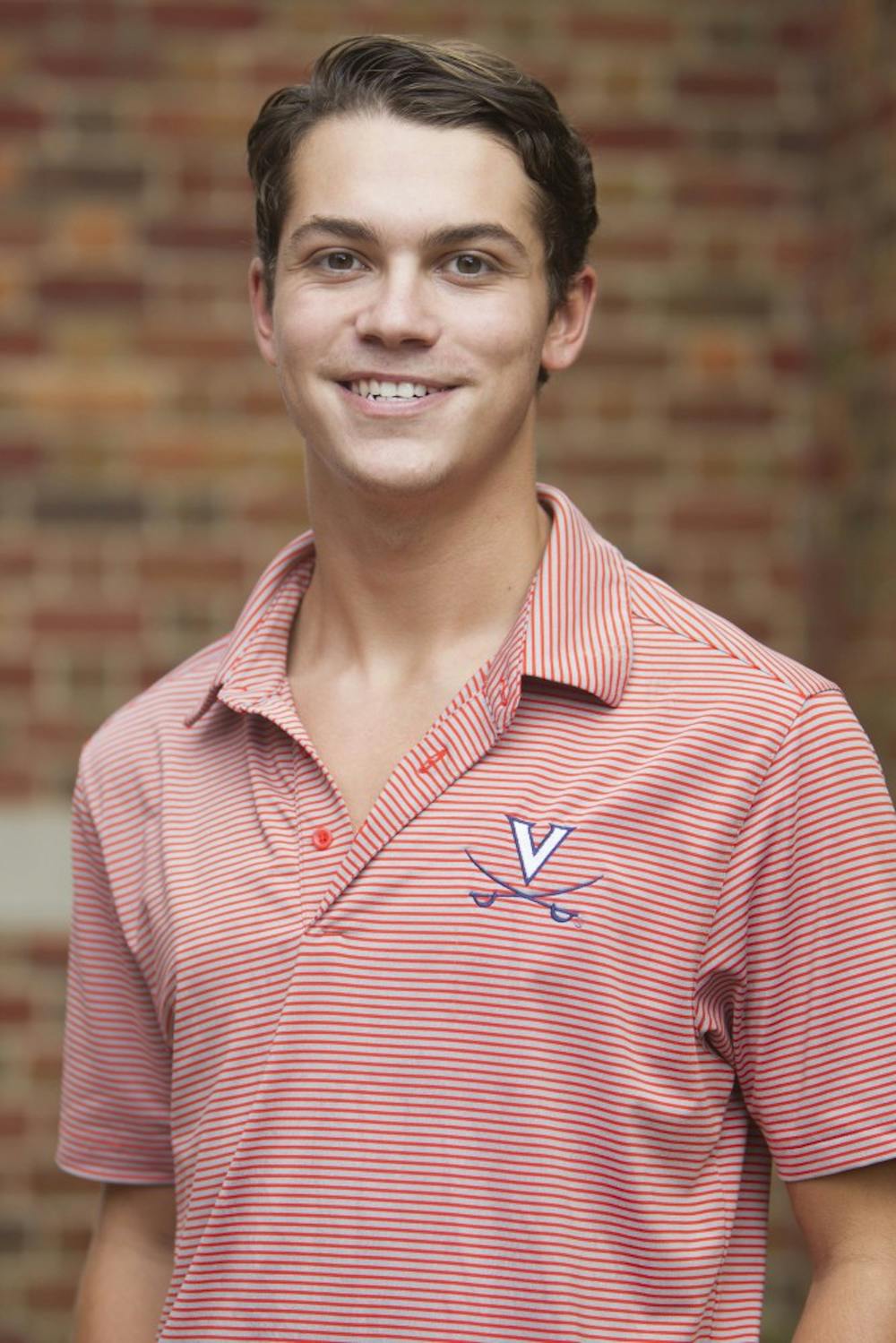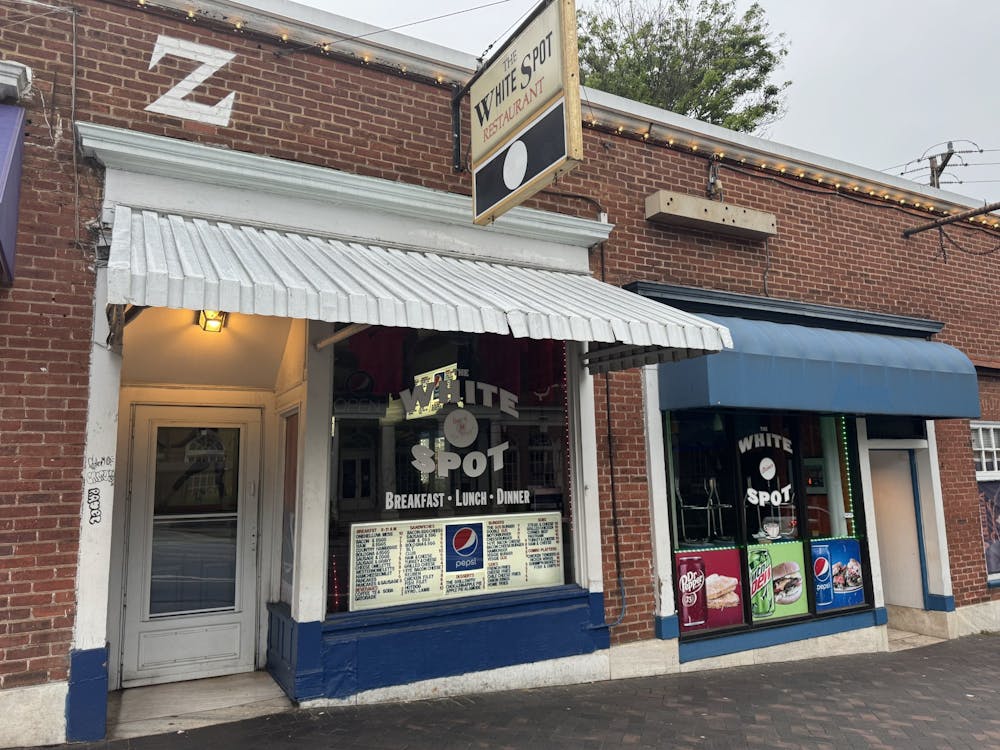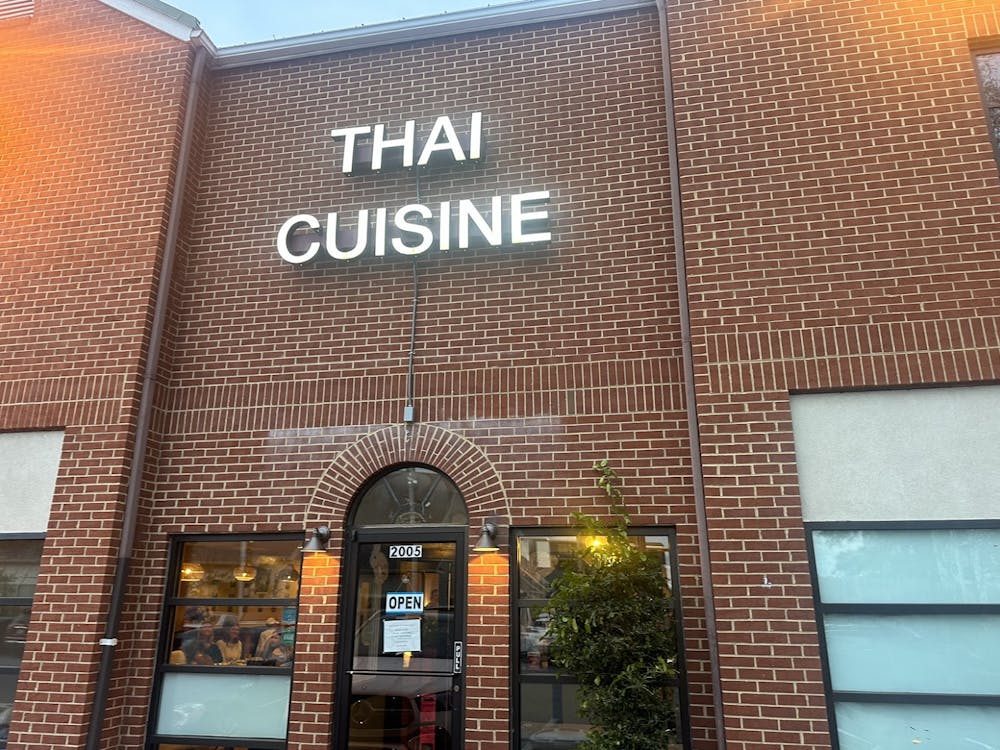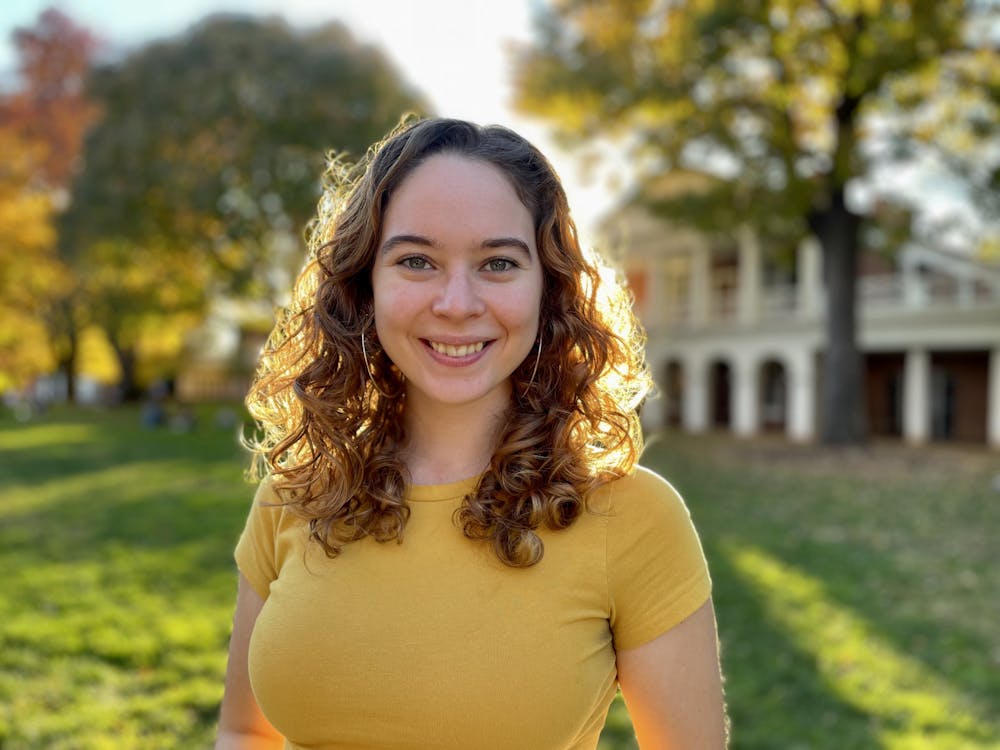It’s a great feeling to walk out of a classroom truly inspired. For most students, class time is spent fidgeting in desks and checking the clock every five minutes, watching the time tick away slower than desired. There are occasional lectures that pique the interest of the entire class, but it’s natural that college students would rather be sipping Twisted Teas on Mad Bowl than sitting in a lecture hall for hours on end. However, when we find a course that can not only sustain our interest but also leaves us genuinely excited about coming to class, we are reminded why we’re at the University in the first place.
This is becoming a familiar feeling now that I’m enrolled in Global Humanitarian Crises with Kirsten Gelsdorf. The course centers around the innumerable crises that currently plague our world and the international humanitarian responses that seek to alleviate them. These are stories that we hear about in the news, such as the Haiti Earthquake or the Syrian Refugee Crisis. We see pictures plastered across CNN and read about various non-governmental organizations that respond to disasters, but Prof. Gelsdorf delves into the intricate process, careful steps and thoughtful planning that are required for a successful response and recovery.
Because Gelsdorf brings over 20 years of experience working for the United Nations, her students learn from someone who responds directly to conflicts and disasters across the globe. For instance, our first class was postponed because she was facilitating a simulation between the American Red Cross, Mexican Red Cross and Canadian Red Cross to prepare for future North American emergencies. In order to prepare us for real humanitarian issues, she poses difficult questions and attempts to recreate the complex circumstances that a typical aid worker faces on a daily basis. She tests our ability to think critically and analyze problems quickly through timed assessments, prompting us to hone our reasoning skills.
While class takes place in a large lecture hall with all 200 seats filled, Prof. Gelsdorf approaches it like an intimate discussion section, encouraging participation and allowing her students to share personal stories related to the crises we study. To supplement class themes, Gelsdorf also welcomes an array of guest speakers who have held some of the top positions in the humanitarian aid field, including directors at the World Food Program and her former colleagues at the UN. They share their experiences and photographs, placing us directly in their shoes as they responded to the crises.
For an intended public policy major with undecided career aspirations, the most valuable part of the course for me is how accessible and attractive Gelsdorf makes the humanitarian aid field seem.
While she and her guest speakers acknowledge that it is a high-pressure, high-stress industry, they recognize that there is no single skillset or type of person best suited to be a humanitarian aid worker. Because the needs during disasters are so great and the environment is so complicated, students from all backgrounds and majors are required. From civil engineers building new water systems during a drought to accountants and financial analysts managing donor funds, it takes an actual village of diverse responders to manage a crisis.
Although I have only been in this class for about a month, it has impacted both my academic interest and my worldview. At a time where the news cycle is full of negativity and political pettiness, Global Humanitarian Crises reminds me that a sentiment of charity and altruism still exists. It prompts us to consider that there are career paths — besides those that seek to simply accumulate the most wealth — that can enact real change in the world and save the lives of those victims that we only hear about on the news.





